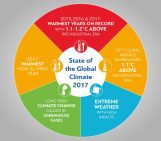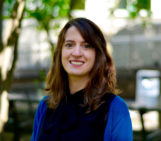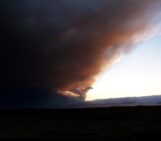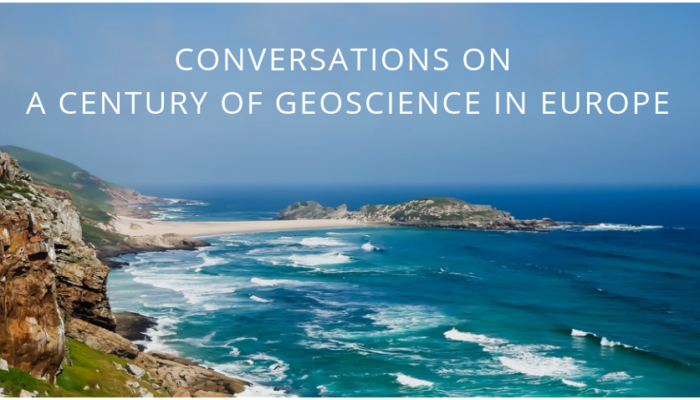
When you think about the last century of geoscience, what comes to mind? Perhaps Alfred Wegener’s theory of continental drift? Or Inge Lehmann’s discovery of Earth’s solid inner core?
Over the last 100 years, geoscientists have made incredible contributions to our understanding of the Earth, the solar system, and beyond. The science community has explored uncharted territory, challenged previously held conceptions, provided vital information to policymakers, worked to address societal challenges, and put forth paths for sustainability. Through the years, researchers have also worked to promote diversity, inclusion, transparency, and accessibility in the geosciences. Many Europe-based scientists have been at the forefront of these advances.
Inspired by the centennials of the American Geophysical Union (AGU) and the International Union of Geodesy and Geophysics (IUGG), which were both founded in 1919, we would like to highlight Europe’s role in shaping the geosciences and the great achievements of European geoscientists within the last century.
In this series of interviews, scientists across different disciplines and scientific fields reflect on the last 100 years of Earth, space and planetary sciences in Europe and share their perspectives on the future:
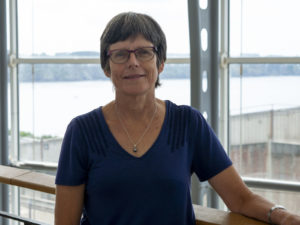 Anne-Marie Treguier: Research Director at the French National Centre for Scientific Research and the European Institute for Marine Studies in the Ocean Physics Laboratory
Anne-Marie Treguier: Research Director at the French National Centre for Scientific Research and the European Institute for Marine Studies in the Ocean Physics Laboratory
The responsibility of geoscientists is huge. We must frame our scientific questions in the context of a wide range of future scenarios..
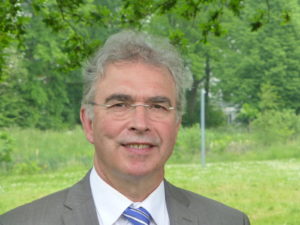 John Burrows: Professor of the Physics of the Ocean and Atmosphere and a Director of the Institutes of Environmental Physics and Remote Sensing at the University of Bremen
John Burrows: Professor of the Physics of the Ocean and Atmosphere and a Director of the Institutes of Environmental Physics and Remote Sensing at the University of Bremen
The history of discoveries in the geosciences is a fascinating story, involving unexpected and perplexing observations..
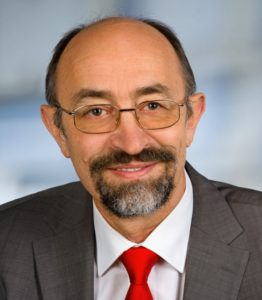 Günter Blöschl: Head of the Institute of Hydraulic Engineering and Water Resources Management and Director of the Centre for Water Resource Systems of the Vienna University of Technology
Günter Blöschl: Head of the Institute of Hydraulic Engineering and Water Resources Management and Director of the Centre for Water Resource Systems of the Vienna University of Technology
As Heraclitus said, there is nothing permanent except change. Innovation needs to be permanent. We are in for an exciting future..
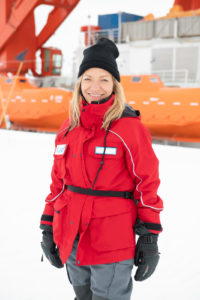 Antje Boetius: Director of the Alfred Wegener Institute (AWI) Helmholtz Center for Polar and Marine Research and Professor of Geomicrobiology at the University of Bremen
Antje Boetius: Director of the Alfred Wegener Institute (AWI) Helmholtz Center for Polar and Marine Research and Professor of Geomicrobiology at the University of Bremen
When one reads the original reports and letters, we can learn how relevant expeditions and fieldwork were – and still are – for the international, collaborative spirit of the geosciences worldwide. The amazing thing is, in many ways we have remained explorers of our own planet Earth even today..
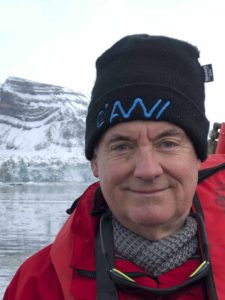 Bernhard Diekmann, Head of the Research Unit Potsdam of the Alfred Wegener Institute (AWI) Helmholtz Center for Polar and Marine Research and Professor of Quaternary Geology at Potsdam University
Bernhard Diekmann, Head of the Research Unit Potsdam of the Alfred Wegener Institute (AWI) Helmholtz Center for Polar and Marine Research and Professor of Quaternary Geology at Potsdam University
During the last 100 years, the focus in geological research was understanding of processes in Earth’s interior and skin…The geosciences should no longer be seen as an individual field of research, but must be integrated into a holistic view of natural and social sciences..
Interviews by Olivia Trani, EGU Communications Officer

